As Donald Trump’s indictment over the classified documents at Mar-a-Lago looms large over the 2024 election (as well as the country overall), there are certain parts that make sense – from a legal standpoint.
Based on the information provided in the indictment, assuming it holds up, it’s pretty clear that the former president was indeed attempting to hide documents from prosecutors, which is the real crime here. It has nothing to do with the level of “classification.” It’s primarily the fact that he tried to cover up what he had that is legally problematic.
If they have him on tape telling his driver to hide documents from his lawyers, and telling his lawyers to hide documents from the feds, he may be well and truly screwed on this part.
But another part of the indictment includes violations of the Espionage Act of 1917, and that seems a bit more questionable.
The Espionage Act is a favorite tool of the U.S. government that, of late, has been used to go after government employees who leak classified material to the press. However, the law was passed with the intent of going after those who would leak information in an attempt to harm the United States.
The most recent uses of the Espionage Act include Reality Winner, Edward Snowden, and Chelsea Manning. In those cases, the accused were leaking information to expose what the United States was up to, which in their minds was horrendous. They wished to undermine the United States.
For years, Trump has been accused by the left as been a tool or asset of the Russians. However, they have routinely failed to make that case to the public, and not one of their accusations has ever held up. In fact, at the same time they have also made those accusations, they have also declared him a bumbling idiot. He is apparently a master spy and also deeply incompetent.
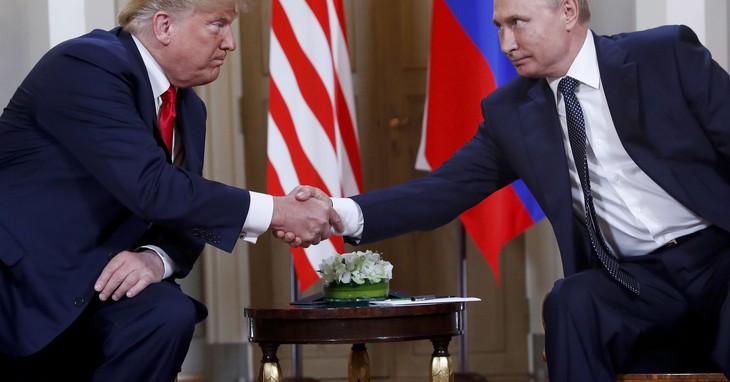
If the Espionage Act of 1917 as a whole seems to specifically target those who mean to do direct harm to the United States by undermining its interests, it’s hard to see Trump’s actions as representative of that. Based on what we see in the indictment, Trump clearly didn’t attempt to undermine anything more than a grand jury and prosecutors. He is a deeply vain man interested in keeping trophies from his time as President of the United States, not some sleeper agent prepared to blow the whole thing up.
But, it’s one particular section of the law that the government is using to prosecute Trump that may justify the charge.
Prosecutors have charged Trump with violating a section in the Espionage Act which applies to someone who has “unauthorized possession” of national defense information — the same crime to which Winner pleaded guilty.
This section of the law makes it a crime to willfully retain the information and fail to deliver it back to the proper U.S. government official.
To obtain a conviction against Trump, the government will need to prove beyond a reasonable doubt that he willfully retained the material and failed to turn it over to the government.
Prosecutors do not need to show that Trump knew it was national defense information, but rather that a reasonable person should have known it was.
Part of the government’s evidence will likely entail laying out all the steps it took to get the records returned.
One could argue that this particular section is too broad. Espionage itself is a deliberate act, and it seems extremely unlikely Trump was taking part in such an act. Based on what we know of Trump, he’s just vain, not some hostile actor. However, the plain text of the law seems to give prosecutors the ability to go after Trump on this issue, and (again) it seems they do have the goods.
It will take some good lawyering to get out of this one, and considering the indictment shows he was undermining his own lawyers in the run-up to all this by trying to hide documents even from them… well, let me say I am glad I am not being hired to represent him.
Not that I could. I am not a lawyer, after all (a fact I wake up and thank my lucky stars for day in and day out).
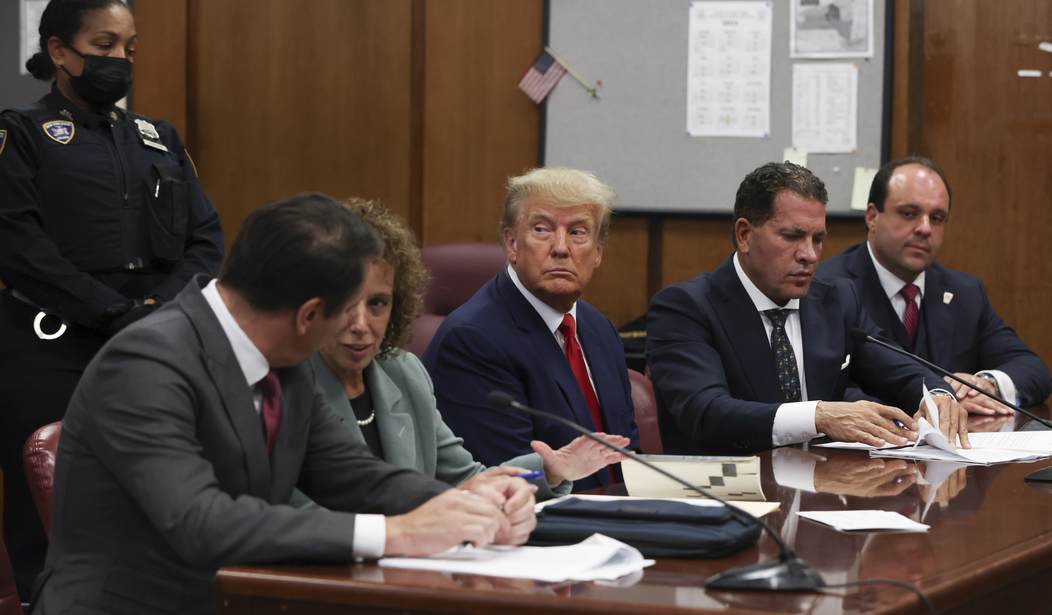
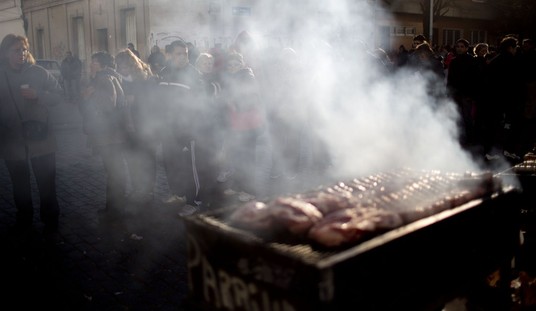



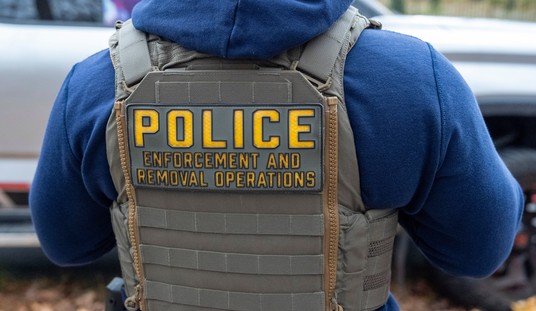




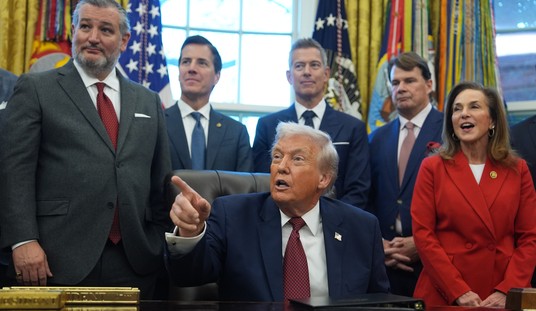
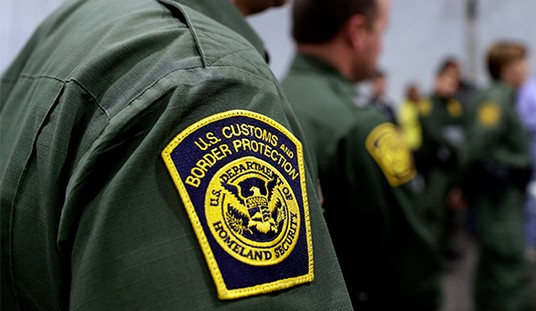


Join the conversation as a VIP Member